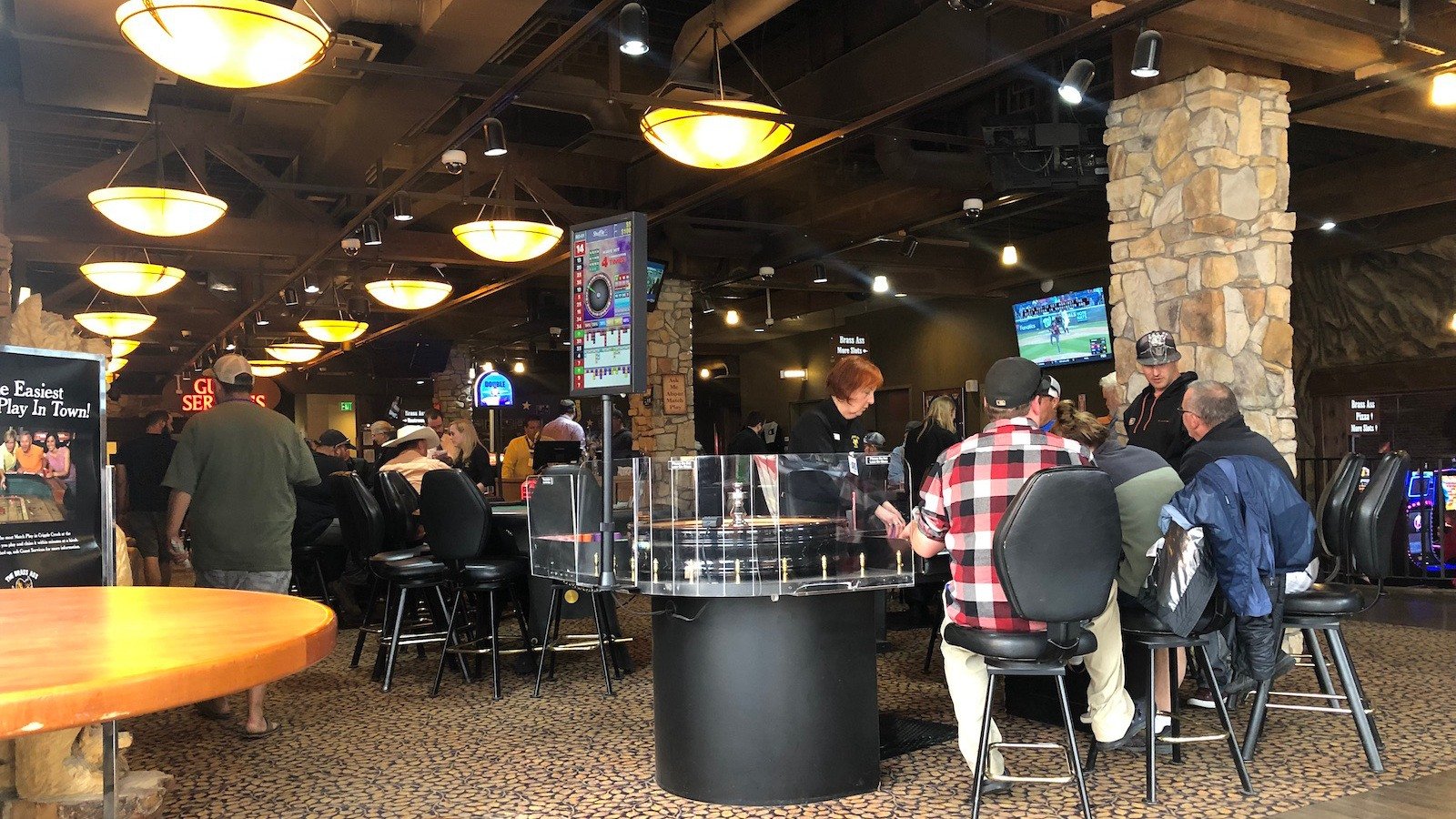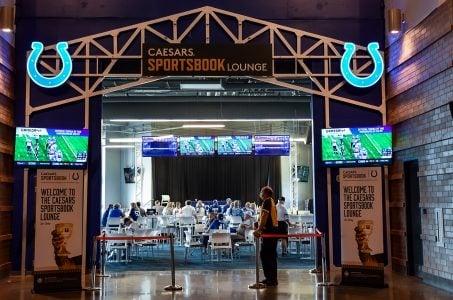Colorado Gaming Commission Could Issue up to Seven Sports Betting Licenses This Week
Posted on: February 16, 2020, 01:23h.
Last updated on: February 16, 2020, 02:56h.
The Colorado Limited Gaming Control Commission could issue as many as seven sports betting permits at its Feb. 20 meeting, approvals that would be the first since voters there signed off on sports wagering last November.

The commission will be hearing applications for master licenses, which gaming companies need to open brick-and-mortar sportsbooks and work with third parties to offer web-based and mobile betting.
According to a copy of the Feb. 20 meeting agenda obtained by Casino.org, the initial seven applications are tied to the following properties: Brass Ass Casino, Dostal Alley, Double Eagle Hotel & Casino, McGill’s Hotel & Casino, Midnight Rose Hotel & Casino, Monarch Casino Resort and Spa, and the Saratoga Casino Black Hawk.
The Double Eagle is Cripple Creek’s largest gaming property. Colorado Casinos owns that venue as well as the Brass Ass, McGill’s, and the Midnight Rose.
More Applications Expected
The Centennial State has more than 30 commercial and tribal casinos – the bulk of which are located in Black Hawk, Central City, and Cripple Creek – and it’s expected that nearly all of the operators will be applying for sport betting licenses. Beyond the aforementioned seven venues, other gaming companies are positioning themselves to capitalize on the Colorado market.
After wrapping up a deal to acquire three small Colorado casinos, Twin River Worldwide Holdings (TRWH) said last month it inked deals with FanDuel and DraftKings to contract their betting services in the state. Rhode Island-based TRWH has four gaming venues in the Centennial State.
Earlier this month, Century Casinos – operator of two Colorado casinos – said it’s working with Las Vegas-based Circa Sports on internet and mobile sports betting in Colorado.
Colorado law requires that companies looking to offer mobile apps to sports gamblers must have an affiliation with a firm that runs a land-based gaming property in the state.
How Colorado Got Here
Last November, Centennial State voters narrowly approved Proposition DD, the sports betting ballot question pitched as a way to raise revenue to partially plug a $100 million gap in the state’s water budget. Leading up to Election Day, it was expected Prop DD would easily pass. But that wasn’t the case, as the vote wasn’t called in the favor of the “yays” until late afternoon the following day.
Gov. Jared Polis’s administration estimates first-year revenue could be as light as $1.5 million to $1.7 million. Part of the issue is the expected May 1 start date, which means Colorado bettors will have missed out on all of NCAA basketball and all of the NBA regular season and most of the playoffs, while having to wait four months for football season.
Colorado will enjoy a geographic advantage because of the seven neighboring states, only New Mexico has legal sports wagering, and the other six are nowhere close to offering it.
Based on the state’s 10 percent tax rate, annual forecasts range from to $10 million to $20 million regarding how much sports betting will generate for Colorado coffers.
Related News Articles
Caesars, WynnBET Seek Growth in Indiana Sports Betting Via Colts Deals
Australia’s Betr Sportsbook Comes up Lame with Melbourne Cup Bettors
Betr Conditionally Approved for Sports Betting in Ohio, Eyes Jan. 1 Launch
Most Popular
LOST VEGAS: The Foster Brooks Robot at MGM Grand
Bally’s Sets Date for Tropicana Las Vegas Implosion & Party
Most Commented
-
VEGAS MYTHS RE-BUSTED: You Don’t Have to Pay Resort Fees
— August 2, 2024 — 16 Comments -
VEGAS MYTHS RE-BUSTED: Elvis Was a Straight-Up Racist
— August 9, 2024 — 11 Comments -
ANTI-SOCIAL BEHAVIOR: Vegas Casino Buffet Stunt in Poor Taste Goes Viral
— August 16, 2024 — 7 Comments -
VEGAS MYTHS RE-BUSTED: The Strip Tried Appealing to Families and Failed
— August 23, 2024 — 7 Comments
















No comments yet